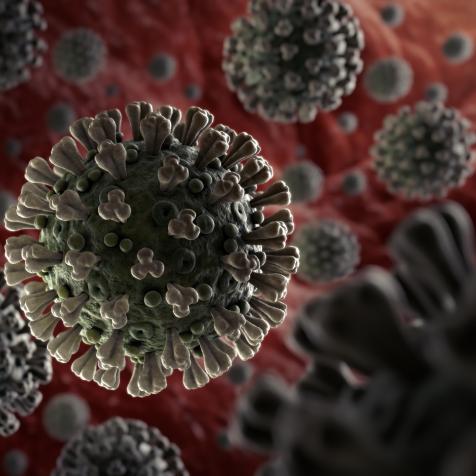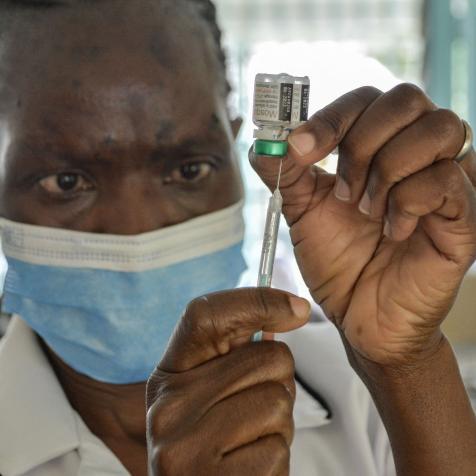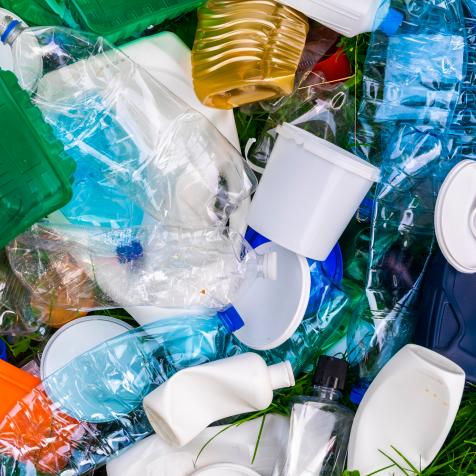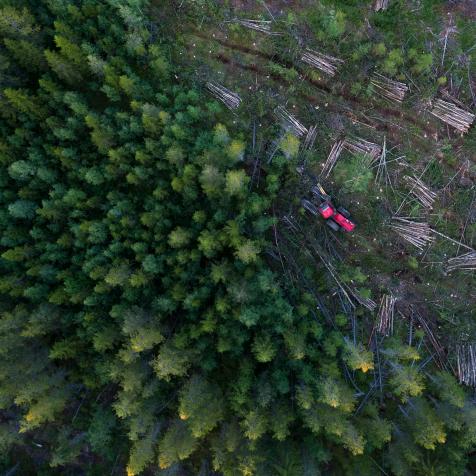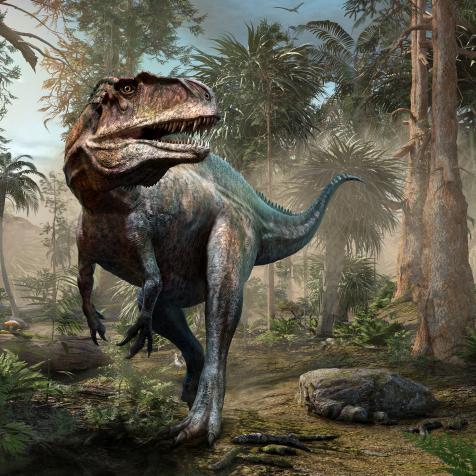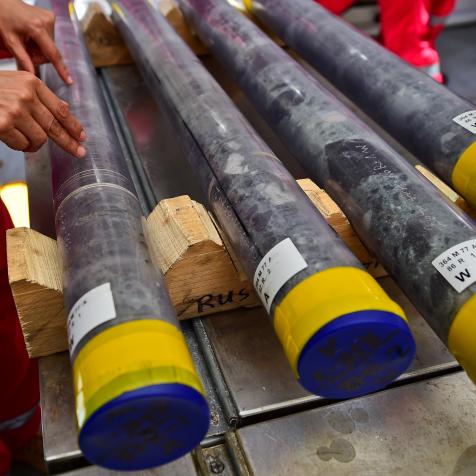
Svetlozar Hristov
Microplastics in Blood Spotlight Health Emergency from Plastic Pollution
Plastic pollution is growing rapidly across Earth’s ecosystems and its threat to humanity and wildlife is too. Outcomes for health and the environment will be dire unless we tackle it, says a United Nations (UN) report. But the discovery of microplastics in human blood means urgent action is needed.
Researchers found tiny plastic particles, less than one-thousandth of a millimeter in size, in almost 80 percent of 22 people they tested. Plastics this small can travel through the body and could stick in our vital organs. These tiny pieces could damage cells and tissue, causing diseases like diabetes or cancer.
Half of the blood samples contained PET plastic found in drinks bottles, food packaging, and clothing. One-third contained polystyrene found in packaging and a quarter polyethylene used in plastic carrier bags. Plastic levels and types varied between people and more study is now needed.
Common Seas, a social enterprise looking to stop plastic pollution, is a co-founder of the study. CEO Jo Royle said: “I was shocked but not surprised. We already knew that microplastics have been found in human placentas and organs. The body finds it hard to break these particles down, they cause an inflammatory response and are associated with chronic disease.”
Science estimates that plastic takes more than 400 years to decompose and it may never do so. Data on microplastics in our seas show that even if plastic production had stopped in 2020, the number of particles will reach nearly 1.5 million metric tons in weight by 2050. Oceans, lakes, and rivers could contain more than double the current amount of plastic pollution by 2030, says the UN.
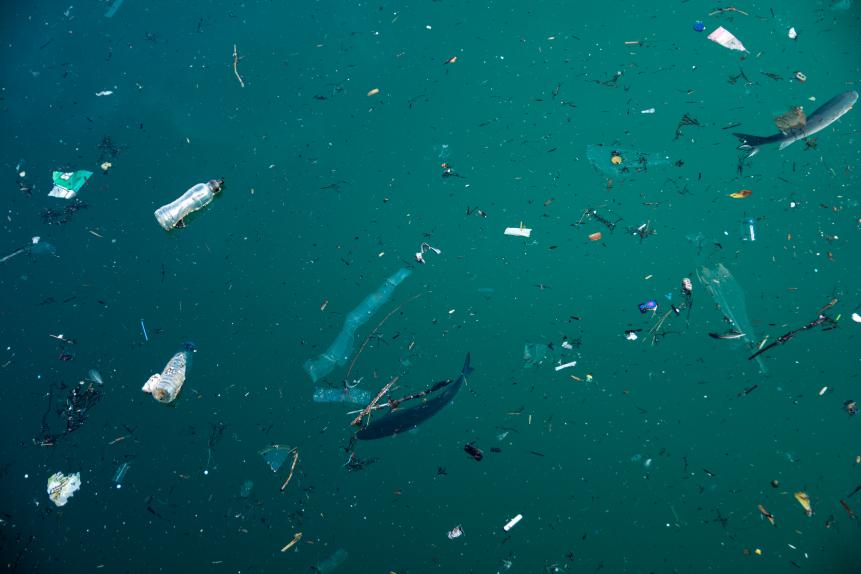
Carmen Martínez Torrón
Microplastics, caused by the breakdown of larger pieces, have spread throughout the natural world – from the polar caps to Mount Everest. We inhale them, eat and drink them, and babies are being exposed to worrying levels.
Scientists have also found that microplastics attract bacteria and parasites that cause disease, transporting them from land to sea. These pathogens threaten both wildlife and people, ending up in our water and food. To stop this researchers suggest attaching filters to washing machines and dryers, better treatment of storms and wastewater, and stopping the plastic industries from releasing microplastics into the environment.
“It’s clear that the best way to combat microplastics and prevent health problems is to make sure they don’t end up discarded in our environment in the first place,” said Royle. “This is why we need leaders and businesses to take responsibility for plastic waste along its lifecycle.”
Oil and gas companies that supply plastic products have made profits of almost $3 billion every day for the past 50 years. The fossil fuel and petrochemical industry plan to expand plastic output and double production in the next 20 years.
But analysts say that would backfire with people, governments, and industries rejecting plastic to protect the environment. Big brands are reducing plastic packaging and changing to alternatives. Plastic is seen as a threat as large as climate change and a UN treaty against pollution is the result.
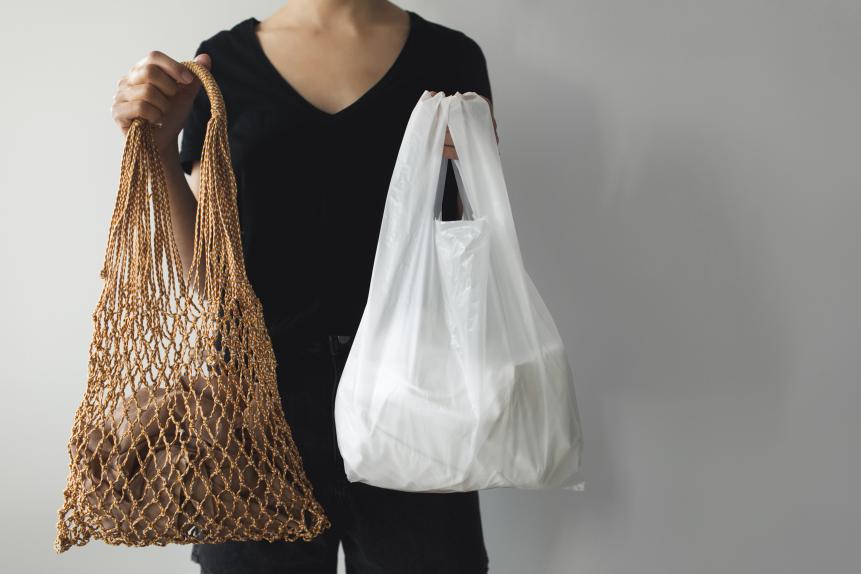
Anastasiia Krivenok
Natural products like fungi, plant materials, and even silk offer plastic alternatives, especially in food and product packaging. But the UN believes we cannot simply recycle our way out of the problem. An immediate reduction and industry transformation are needed.
As the blood microplastic study suggests, that transformation must be rapid. Because the rate at which we absorb plastic into our bodies is faster than the rate we eliminate it. And that needs a planet-wide response.











